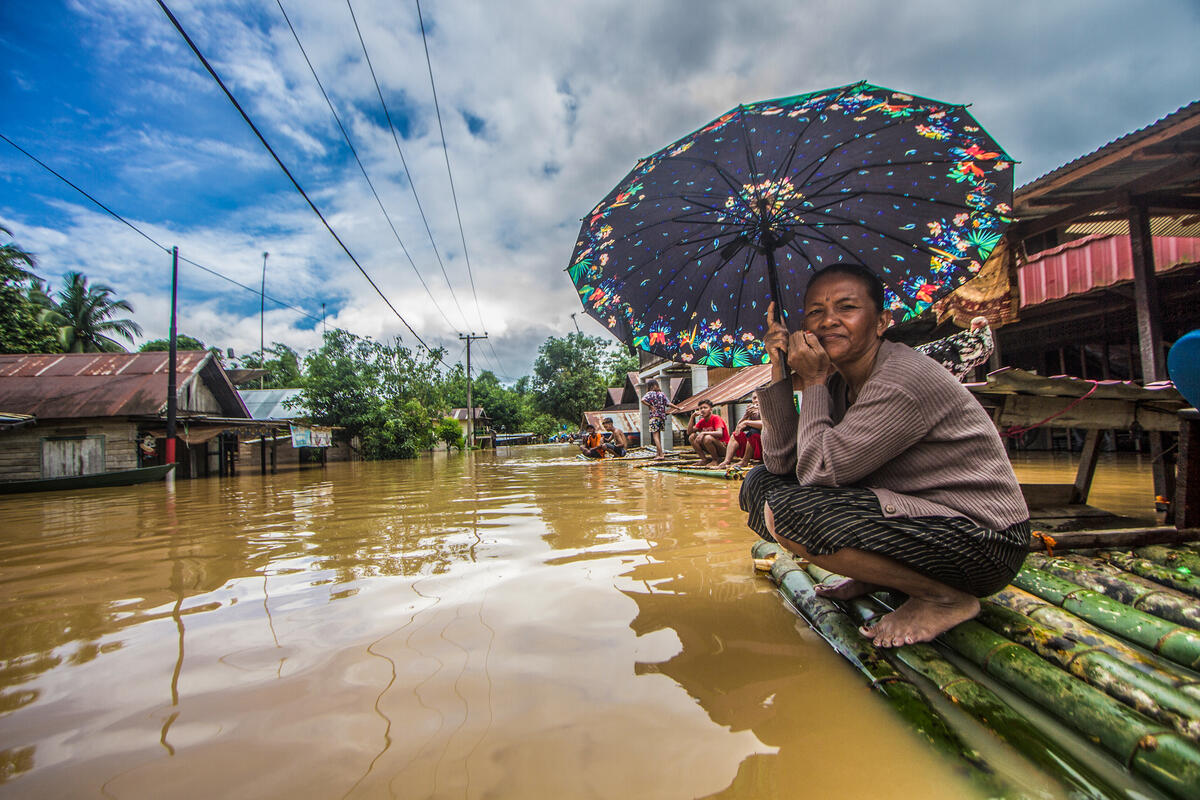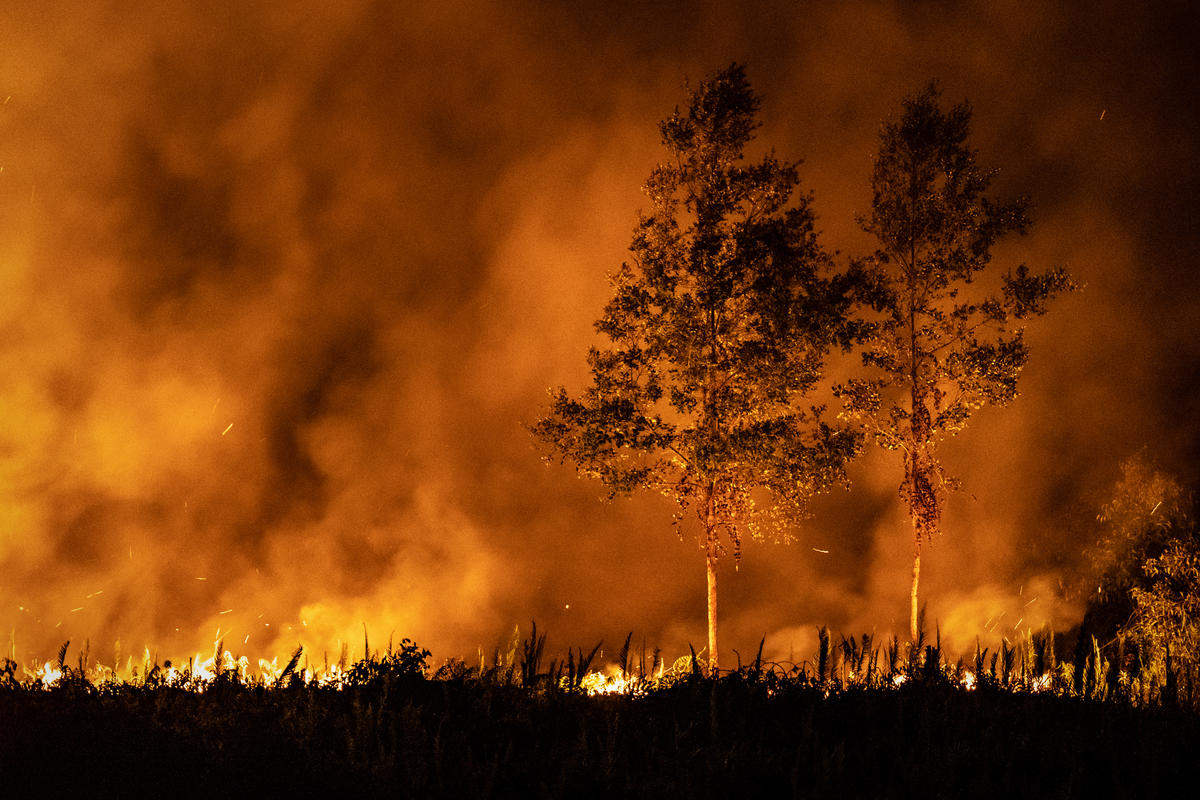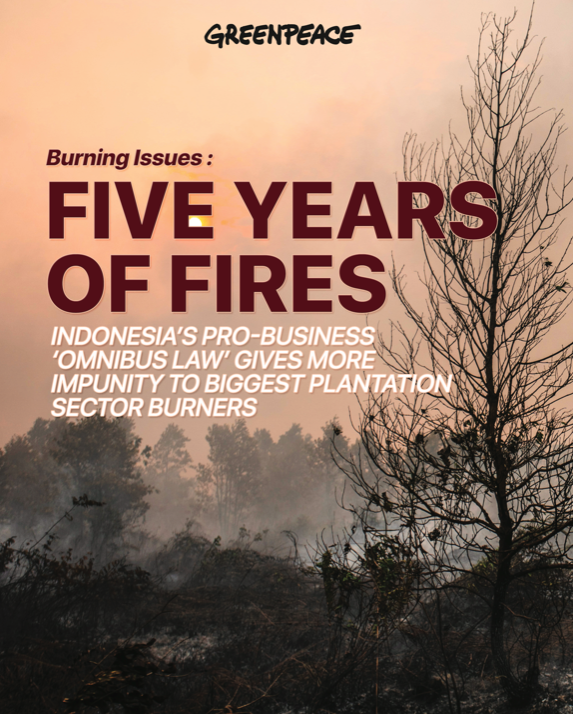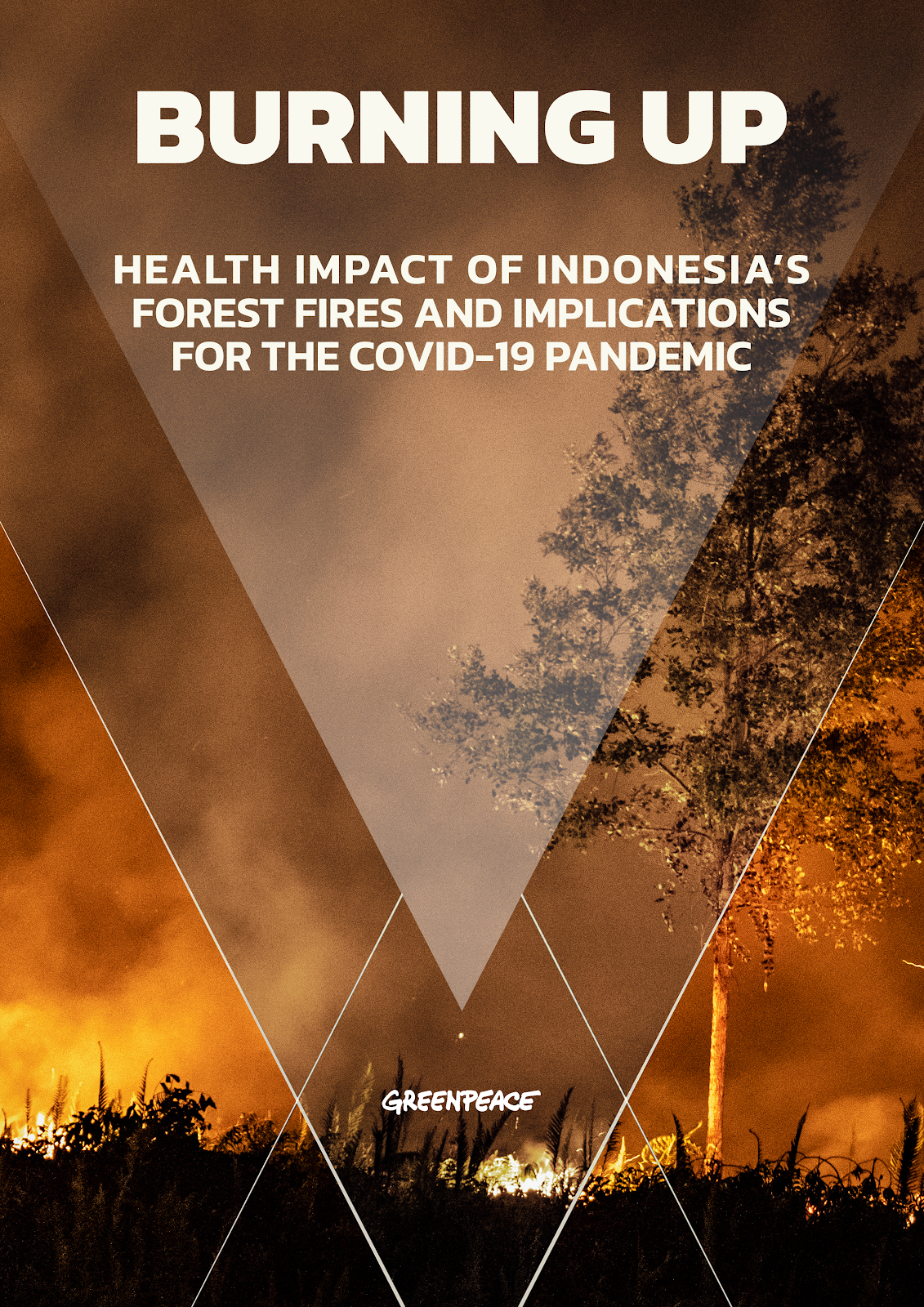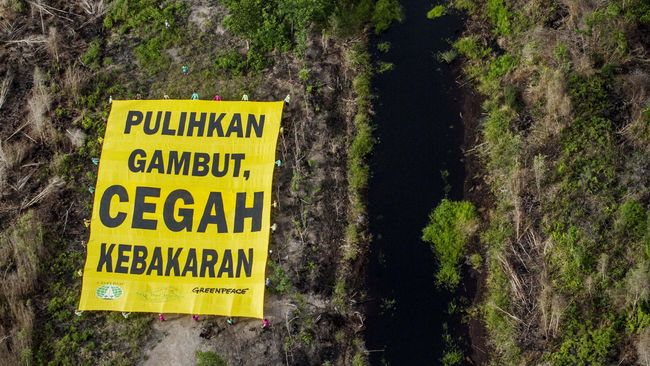All articles
-
An Environmental Crisis in Borneo
At the start of 2021, amidst the Covid -19 pandemic, Borneo found itself in the news with the widespread floodings in South Kalimantan. Unlike the recent devastating earthquake in Sulawesi, the floodings were triggered by a series of events that could have been prevented by the Indonesian government.
-
Investigation indicates FSC-certified company intentionally used fire to clear Indonesian forests for palm oil
Greenpeace International collaborated with Forensic Architecture – a research collective based at Goldsmiths University of London, which uses spatial analysis to reconstruct cases of human rights violations and environmental destruction – to investigate whether the cause of the fires could be identified in Korindo’s palm oil concessions in Papua.
-
An area eight times the size of Bali has burned in Indonesia in the last five years, new Greenpeace report shows
Greenpeace Southeast Asia's new report ‘Burning Issues: Five Years of Fire’ exposes the total failure of Indonesia’s government to protect forest and peatland from burning.
-
Burning Issues: Five Years of Fire
The 2015 fire season in Indonesia was the worst in nearly two decades, with the blazes for almost a month emitting daily carbon emissions that exceeded those from the entire US economy.
-
Burning Up: Health Impact of Indonesia’s Forest Fires and Implications for the Covid-19 Pandemic
As Indonesia braces for the 2020 forest fire season, a timely review of data of the effect on smoke-affected communities shows consecutive governments have been consistently and massively underestimating the impact on human health.
-
Greenpeace finds Asia Pulp and Paper guilty of peatland clearance and fuelling forest fires in Indonesia
As the fire season looms in Indonesia, Greenpeace Southeast Asia revealed that Asia Pulp & Paper (APP), one of the world’s largest pulp and paper company, owned by the Sinar Mas Group, has been actively clearing Sumatran peatland for pulpwood plantations in direct breach of its own commitments to preserve and restore carbon-rich ecosystems and…
-
Greenpeace’s Response to Sime Darby Announcement to Exit from the HCSA Steering Committee
In response to Sime Darby announcement to exit from the HCSA steering committee, Grant Rosoman Global Forest Solutions Coordinator for Greenpeace International said:
-
Shocking images of critically endangered tiger caught in a trap
A critically endangered Sumatran tiger trapped in a snare in a pulp concession operated bay Sinar Mas Group’s Asia Pulp and Paper (APP) - one of the world’s biggest paper producers - has died after days without access to food and water. PT Arara Abadi, the concession where the tiger was found, has recorded one…
-
Maize, Land Use Change, and Transboundary Haze Pollution
Both the PM2.5 and transboundary haze pollution are directly related to the growth of monoculture agriculture in Thailand and in the neighboring countries. There is evidence that maize pricing varies with the number of fire hotspots. When there is a high demand for maize, there is also a higher number of hotspots.
-
Global health crisis, an additional reason to protect and restore carbon-rich peatlands–Greenpeace
Greenpeace Southeast Asia warns President Jokowi’s plan to convert carbon-rich peatlands in Central Kalimantan into paddy rice fields may lead to another environmental disaster in times when the country’s efforts should be focused on protecting these crucial ecosystems.

